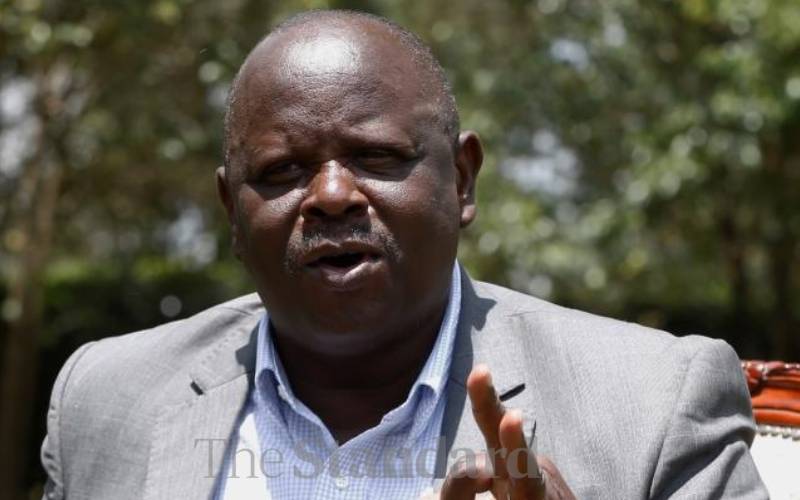×
The Standard e-Paper
Stay Informed, Even Offline

Chama Cha Mashinani (CCM) leader Issac Ruto. [Harun Wathari, Standard]
Pioneer Chairman of the Council of Governors (CoG), Isaac Ruto, denies he had been compelled by circumstances to “toe the line” for political survival. The former Bomet governor was swept aside by the Jubilee Party wave in Rift Valley.